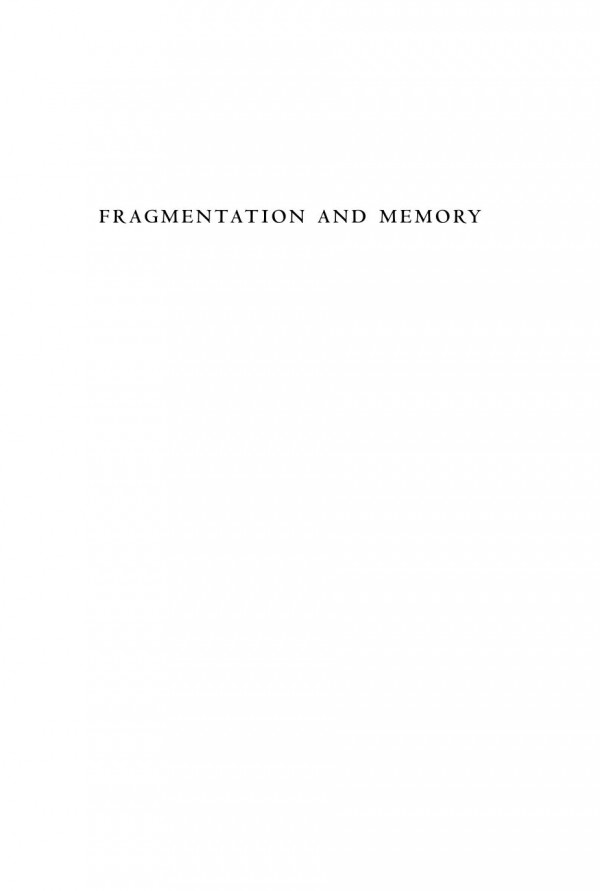

Most ebook files are in PDF format, so you can easily read them using various software such as Foxit Reader or directly on the Google Chrome browser.
Some ebook files are released by publishers in other formats such as .awz, .mobi, .epub, .fb2, etc. You may need to install specific software to read these formats on mobile/PC, such as Calibre.
Please read the tutorial at this link: https://ebookbell.com/faq
We offer FREE conversion to the popular formats you request; however, this may take some time. Therefore, right after payment, please email us, and we will try to provide the service as quickly as possible.
For some exceptional file formats or broken links (if any), please refrain from opening any disputes. Instead, email us first, and we will try to assist within a maximum of 6 hours.
EbookBell Team

4.3
18 reviewsPhilosophers have long and skeptically viewed religion as a source of overeasy answers, with a singular, totalizing “God” and the comfort of an immortal soul being the greatest among them. But religious thought has always been more interesting—indeed, a rich source of endlessly unfolding questions. With questions from the 1885 Baltimore Catechism of the Catholic Church as the starting point for each chapter, Karmen MacKendrick offers postmodern reflections on many of the central doctrines of the Church: the oneness of God, original sin, forgiveness, love and its connection to mortality, reverence for the relics of saints, and the doctrine of bodily resurrection. She maintains that we begin and end in questions and not in answers, in fragments and not in totalities—more precisely, in a fragmentation paradoxically integral to wholeness. Taking seriously Augustine’s idea that we find the divine in memory, MacKendrick argues that memory does not lead us back in time to a tidy answer but opens onto a complicated and fragmented time in which we find that the one and the many, before and after and now, even sacred and profane are complexly entangled. Time becomes something lived, corporeal, and sacred, with fragments of eternity interspersed among the stretches of its duration. Our sense of ourselves is correspondingly complex, because theological considerations lead us not to the security of an everlasting, indivisible soul dwelling comfortably in the presence of a paternal deity but to a more complicated, perpetually peculiar, and paradoxical life in the flesh. Written out of MacKendrick’s extensive background in both recent and late-ancient philosophy, this moving and poetic book can also be an inspiration to anyone, scholar or lay reader, seeking to find contemporary significance in these ancient theological doctrines.